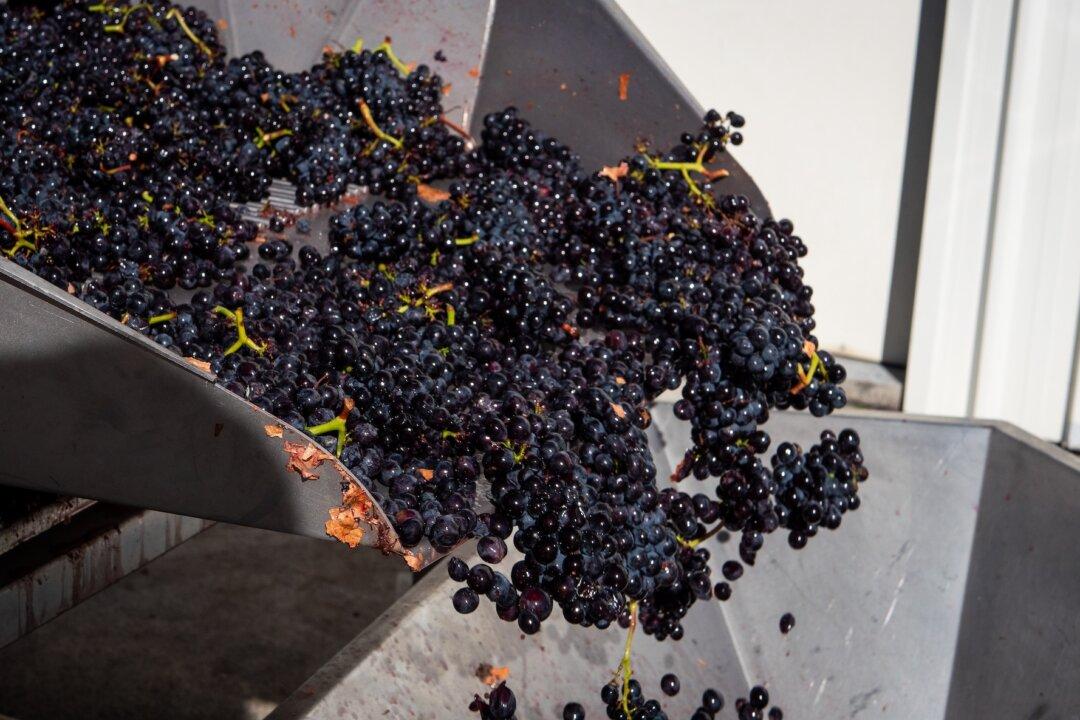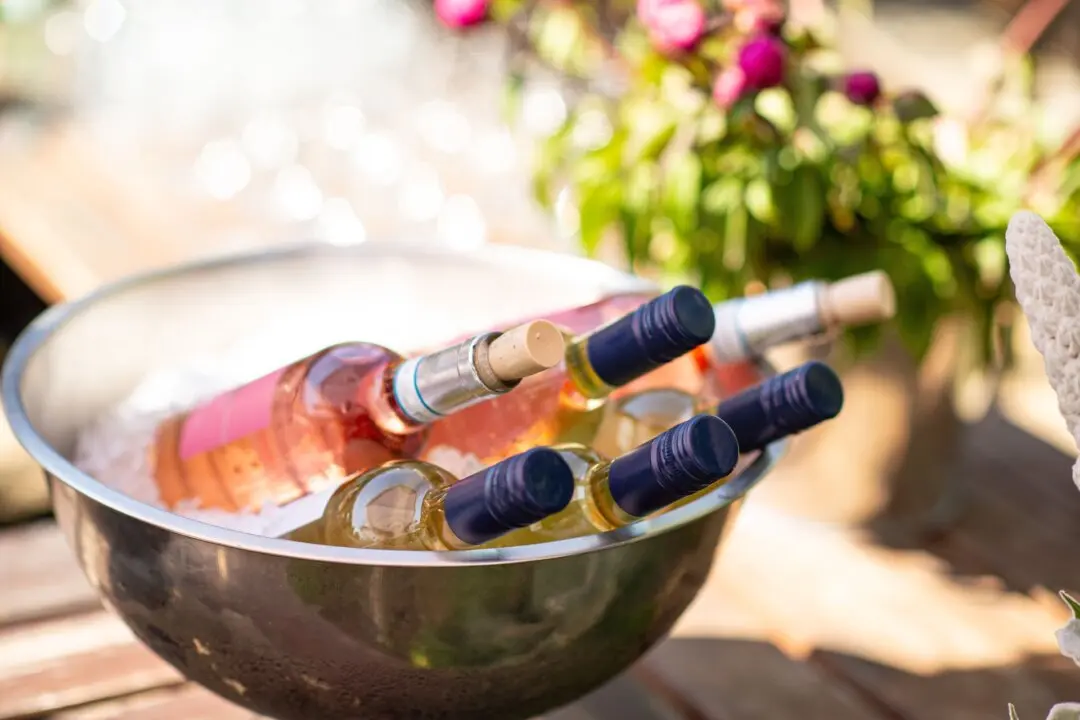“Oh, you make wine?! How much fun is that!?”
The cafe speaker was a young woman awestruck to find out that one of the people at the next table made the wine she was sipping. In her delight, she may have missed the glazed look in the eyes of the winemaker.





